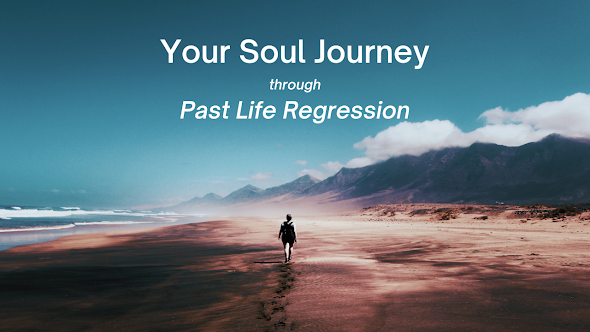Vedic literature on mental health
The rising awareness
about mental health is a much needed change that our society deserves. Until
few years back, discussing mental health was considered a taboo. But,
nevertheless, we are gradually moving towards a better set-up where people realize that ‘it is okay, not to be okay’.
It is some 200 years
ago that modern psychology was established as a science, which was originally derived
from philosophy and physiology. This is a modern perspective. While, our vedic
philosophy describes Atman as the core of human existence whereas; the other
traits and tendencies mentioned in psychology, are a part of it. Veds
mention mantras as a tool for generating positive thoughts and purifying the
mind via prayers because, prayers are seen as a form of psychotherapy in
the Veds.
The Rigved
distinguishes mental illness as a separate condition from physical illness and
defines the Trigun (Sattva gun, Rajo gun, and Tamo gun) as traits
of personalities. The psychopathology has its roots in the understanding of the
Triguns and Tridoshas. Ancient scriptures also refer to the ‘Manas’, a super
sensory organ that controls all other senses. ‘Manas’ is the conceptual
equivalent of mind. There is also reference to an entity called Buddhi
(intelligence), which is considered higher than Manas, and relates to the
capacity for judgement.
The Veds also mention
the eight limbs of the Ashtang Yog as therapeutic approaches. 'Yam
- Niyam' which includes the moral values and duties, 'Asan
- Pranayam', which includes postures and breathing techniques, while
Pratyahar, Dharana, Dhyan and Samadhi being the advanced stages of
consciousness. The ideas of perception, thought, and memory, as well as the many
mental states like Jaagrit, Swapna, Sushupti, and Samadhi, are all described in
the Upanishads. They identified the three cognitive capacities as Ichchha
Shakti (will power), Kriya Shakti (physical activity), and Jnana Shakti (knowledge).
It was important to
simplify Vedic and Upanishad teachings for common masses, as they were
difficult to understand. In comparison to the Veds and Upanishads, the Bhagavad
Gita is thought to be a more concise and simplified version. One of the oldest
documented accounts of depression and anxiousness as they are manifested in 'Arjun' can
be found herein, along with descriptions of the many elements of psychotherapy.
The Ayurved is not only confined to curing physical illnesses. Similarly, the
Sushrut Samhita and the Charak Samhita mention the various aspects and
treatments of the mental ailments. The texts also mention treatment for mental
ailments such as epilepsy, sleep disorders, aggression and psychosis. The Veds
refer to psychosis as Unmaad, which is a delusional state of
mind.
Sometime ago, I had a
discussion with my very dear friend who is also a psychologist and practicing
in Pune for the last 7-8 years. When I said that, ‘Yog could very well be
included as a therapy’, to which she retorted, ‘how can a qualified person like
you say something as absurd as this’! Well, I was taken aback for a moment, but
then I realised that we, as in Indians, are too fascinated for having that western
approval for everything. However, I firmly believe that if we can utilize Yog
and other ancient Indian concepts in our daily lives, we may be able to cure
many underlying mental and physical health issues because, Indian culture is a
way of life, backed by science. It is not a bunch of random rituals
and customs. If followed properly, we can become much better version of
ourselves.
Anyway, let’s get back to the ancient Indian texts. Although mental health and spiritual life are not necessarily synonymous, Indian culture emphasizes inner mental experiences and existence. The ultimate objective of life is self-realization and detachment from worldly matters. Based on this theory, ancient Indian texts place a specific emphasis on yog and meditation. Hath Yog, Mantra yog, Raaj Yog and Lay yog are its four sub-divisions. Rishi Patanjali, also referred to as the father of yog, is the author of the Yog Sutras, where he has described the science and benefits of yog.
These ancient theories of the
nature of mind are being explored more and more in modern psychiatry.
Recently, there has been a lot of emphasis on the person centered approach in
psychiatry. It is essential to have a fundamental awareness of the religious
background, socio-cultural background, ethnicity, of the client when treatment
is focused on them and their caregiver. India is a collectivistic civilization,
and even now, the family has a higher level of closeness. In terms of providing
care for the mentally ill, family members are valuable resources.
Thus, in my personal humble opinion, the amalgamation of techniques from various ancient Indian disciplines boosts the holistic well being, which can ultimately push us towards attaining higher consciousness.





Beautiful article... rightly said that we are always seeking approval of western world, but it is high time we
ReplyDeletelook back to our culture and seek answers from our rituals.